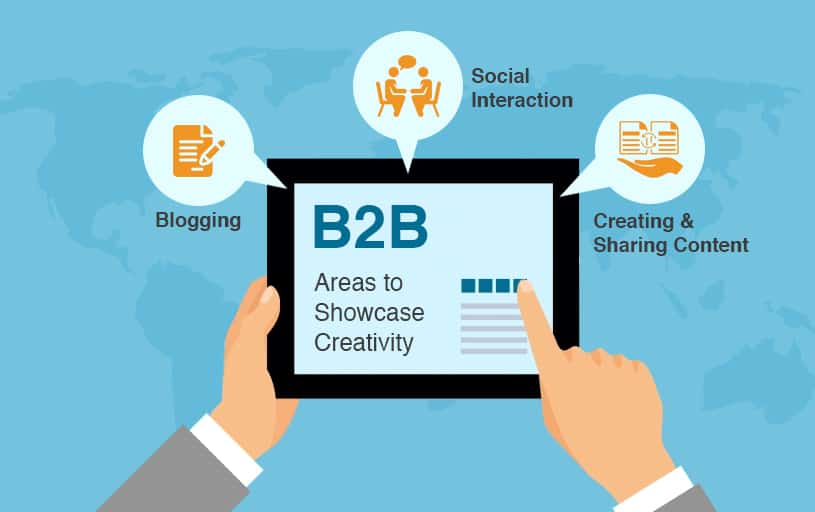The Subtle Symphony of Modern Marketing: Crafting Connections in a Noisy World

Introduction: Marketing as an Evolving Human Craft
Marketing, at its essence, has always been about people—about understanding what they desire, how they think, and why they choose one brand over another. Yet in the twenty-first century, this craft has undergone a radical transformation. No longer confined to catchy jingles or glossy print ads, marketing today is an intricate dance of data, creativity, psychology, and ethics.
To thrive in this saturated marketplace, brands must do more than simply broadcast messages; they must earn attention, build trust, and sustain relationships that feel authentic. At its best, modern marketing is not manipulation but mutual value creation—a subtle symphony of storytelling, insight, and innovation.
A Journey Through Time: The Evolution of Marketing
To appreciate the sophistication of today’s marketing, it is worth tracing its path through history.
Early Trade and Word-of-Mouth
Long before marketing was a profession, merchants understood the value of reputation. Word-of-mouth and local barter formed the earliest networks of trust and exchange.
Print and Mass Advertising
The printing press revolutionized promotion. Posters, newspapers, and catalogues made it possible to reach broader audiences. With industrialization came the golden age of billboards and radio jingles.
The Television Era
By the mid-20th century, TV turned brands into household names. Memorable slogans and iconic mascots cemented emotional bonds with millions of viewers at once.
Digital Disruption
The advent of the internet marked a seismic shift. Websites, emails, and online ads offered precision targeting unimaginable to Madison Avenue pioneers.
The Social Media Revolution
Platforms like Facebook, Instagram, and TikTok reshaped how brands engage. Consumers now co-create narratives, and influencers can wield more sway than traditional celebrities.
Data-Driven Personalization
Today, algorithms and analytics allow brands to tailor messages so precisely that marketing feels almost bespoke—when done right, it feels like a service, not a sales pitch.
The Core Pillars of Effective Modern Marketing
Amid shifting tools and channels, the bedrock principles remain surprisingly timeless.
1. Deep Audience Understanding
At the heart of every successful campaign lies a simple truth: know your audience better than they know themselves. This means:
-
Going beyond demographics to map motivations and pain points
-
Listening actively through social media and direct feedback
-
Using data ethically to refine customer insights
2. Clear and Compelling Brand Story
In a crowded market, products often blur together. What sets a brand apart is its story—why it exists, what it stands for, and how it resonates emotionally.
-
A good story builds trust and familiarity
-
Consistent narratives create loyal communities
-
Authenticity is non-negotiable—modern consumers spot insincerity instantly
3. Strategic Multi-Channel Presence
Reaching people where they are means mastering an ever-expanding toolkit. Smart marketers weave messages seamlessly across:
-
Social media feeds and paid ads
-
Organic search and SEO
-
Email newsletters and content marketing
-
Influencer collaborations and experiential campaigns
4. Continuous Measurement and Adaptation
Gone are the days when marketers launched a campaign and hoped for the best. Today, data informs every decision.
-
Key metrics like engagement, click-through rates, and customer lifetime value guide strategy
-
A/B testing refines creative choices in real time
-
Agility is vital—consumer preferences shift rapidly
Trends Shaping the Next Chapter of Marketing
As technology evolves and societal values shift, new frontiers emerge. Forward-thinking brands pay close attention to trends that redefine how they connect with people.
1. Hyper-Personalization
Consumers expect tailored experiences. From Netflix’s recommendation engine to Amazon’s product suggestions, personalization is now a baseline expectation.
2. Privacy and Data Ethics
Simultaneously, people are more protective of their data than ever. Laws like GDPR and the demise of third-party cookies are forcing marketers to find transparent, respectful ways to gather insights.
3. Purpose-Driven Campaigns
Consumers want brands to stand for something meaningful. Climate responsibility, social equity, and ethical sourcing are no longer fringe concerns—they are core differentiators.
4. Voice and Conversational Marketing
Smart speakers, chatbots, and AI-powered assistants are opening new doors for brand interaction. Marketers must adapt messaging for natural language engagement.
5. Experiential and Community Marketing
In an age of digital fatigue, live experiences and community-based strategies restore a human touch. Pop-up stores, immersive virtual events, and ambassador programs strengthen real bonds.
The Challenges Marketers Must Master
With so many tools at their disposal, modern marketers face as many pitfalls as possibilities.
-
Noise and Clutter: Attention is finite. Cutting through requires creativity and relevance.
-
Trust Deficit: Skepticism toward advertising means brands must earn credibility every day.
-
Algorithm Dependency: Overreliance on platforms like Google and Facebook can leave brands vulnerable to sudden changes.
-
Talent Gaps: The blend of skills needed—analytics, design, psychology, tech—demands constant upskilling.
Enduring Principles for Marketing that Matters
In the whirlwind of trends and tech, the best marketers remember a few timeless truths:
-
People First: Every strategy should begin with empathy—what does the customer truly want?
-
Story Over Sale: The best campaigns linger in memory because they stir emotion, not just demand action.
-
Long-Term Relationships: Focusing solely on transactions ignores the lifetime value of trust and loyalty.
-
Curiosity and Experimentation: Markets change fast. The marketer who tests, learns, and evolves will always stay ahead.
Conclusion: The Quiet Power of Connection
At its worst, marketing is intrusive, manipulative, and forgettable. At its finest, it is a bridge—a channel for understanding, trust, and value to flow between people and brands.
In this age of information overload, the marketers who win will not be those who shout the loudest, but those who listen best, think creatively, and respect the audience’s intelligence. They will be the quiet architects of connection—guiding consumers gently, honestly, and artfully toward choices that feel both wise and delightful.
And so, the ancient craft of marketing continues—timeless in its essence, ever-evolving in its expression.











